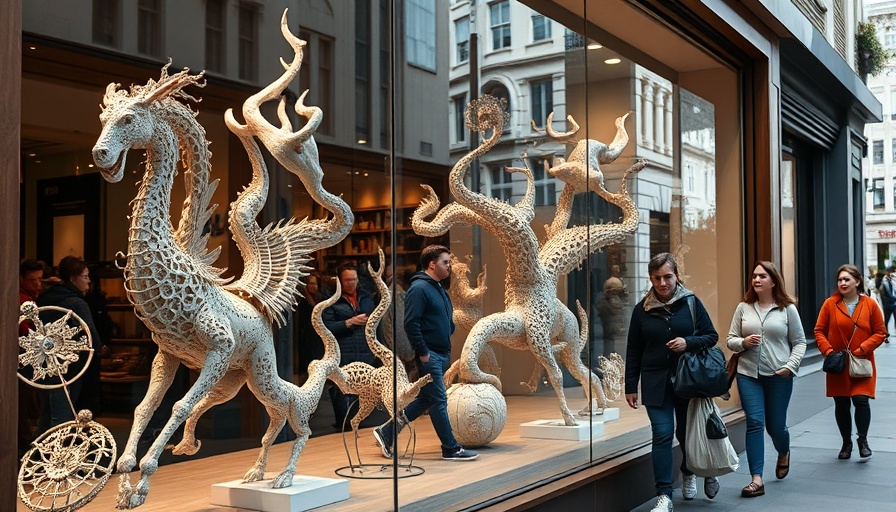
Hermès: A Legacy Brand at a Tech Startup Crossroad
As one of the most illustrious luxury brands in the world, Hermès has managed to thrive for nearly 200 years. But is this esteemed French house encountering the growing pains associated with its expansion? In a revealing statement, Hermès' artistic director compared the brand to "an old lady with startup issues," highlighting the challenges it faces during a period of relentless growth.
Navigating the Evolution of Luxury
The luxury market is shifting. As consumers increasingly seek personalized and sustainable products, brands like Hermès are being compelled to adjust their business models. This demand for innovation echoes the tech industry trends that prioritize agility, adaptability, and a keen understanding of consumer behavior. To remain relevant, Hermès must balance its storied heritage with fresh, modern approaches.
The Importance of Sustainable Practices
In a world increasingly focused on sustainability, Hermès is also striving to reflect this in its operations. The luxury industry has been criticized for being environmentally harmful, but many brands are beginning to harness sustainable business practices. This shift not only meets consumer demands but also positions Hermès as a leader in responsible luxury. As companies evolve, adopting green business strategies could pave the way for enhanced market appeal.
Transforming Consumer Expectations
The modern consumer is sophisticated, often expecting transparency and engagement from brands. For Hermès, this means redefining the shopping experience. It’s not just about purchasing a product; it's about building a connection. By embracing digital transformation, Hermès can effectively meet the demand for a more immersive brand experience that resonates with today’s savvy buyers.
Embracing Innovation to Drive Growth
To continue its ascent, Hermès needs to foster an atmosphere of innovation. The tech industry's penchant for rapid iterations and pivots can serve as an inspiration for traditional companies confronting a rapidly changing marketplace. For Hermès, looking to collaborative corporate partnerships and integrating new technologies will be critical. The interplay of time-honored practices with modern advancements might offer the recipe for sustained success.
As the landscape continues to evolve, brands like Hermès must strike a delicate balance between heritage and innovation. Keeping pace with market trends while maintaining the authenticity that brought them success will determine their future. Business professionals and industry leaders should observe how such legacy companies navigate these transitions, as their strategies could offer valuable insights applicable across various sectors.
 Add Row
Add Row  Add
Add 



Write A Comment